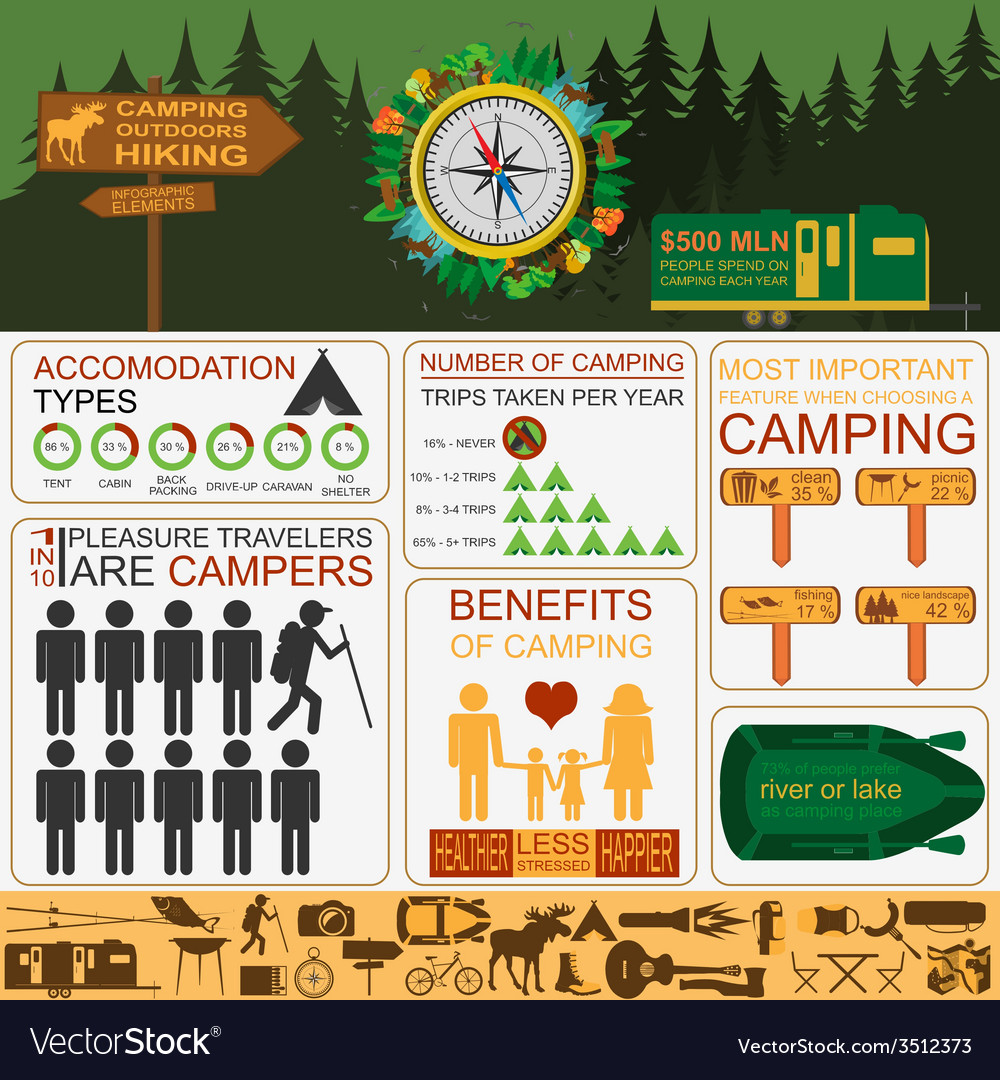A flooring is an important enhancement to a wall camping tent, providing defense versus weather condition components and various other hazards. You have numerous choices for floor covering in a wall outdoor tents, including free-floating plastic floors and sewn-in floorings.
Both alternatives have different advantages and downsides, relying on your needs and preferences. Below's a look at a few of the crucial distinctions:
Resilience
Normally constructed from polyvinyl chloride (PVC), vinyl is an inflexible textile that can resolve heavy-duty usage and extended direct exposure to extreme atmospheres. The product is water-proof and able to stand up to abrasions and puncturing.
The thickness of the material assists with longevity and makes it harder for pests to permeate via the floor, allowing for air circulation and less insect invasion. Furthermore, a flooring liner can assist secure the surface of the tent from water and mud.
All White Duck Outdoors wall camping tents include a free-floating flooring, which allows for versatility and is simpler to clean up and bring than sewn-in floorings. However, if you plan on using your camping tent commonly and desire maximum protection against the aspects, a complete or 3/4 flooring is advised.
Climate Resistant
Vinyl tarps have an excellent capacity to hold up against climate condition such as heavy rain, snow, UV rays and mildew. These qualities make them suitable for requiring outside applications.
Canvas tarpaulins, on the other hand, are recognized for their breathability. This top quality makes them ideal for tasks that entail outdoor picnics, gardening and yard work. They likewise supply modest defense against water, which makes them a good fit for scenarios involving outdoor equipment shelters or protecting products prone to rusting.
Both vinyl and canvas tarps can be recycled, offering a sustainable alternative to disposable products. However, their manufacturing procedure calls for a significant quantity of power, which can add to long-lasting environmental damage. A free-floating floor is easy to clean and lug, however it doesn't provide as much security from the elements as a sewn-in floor.
Mildew Resistant
Making use of textiles that are made or dealt with to impede mildew growth helps prolong the life of outdoor furnishings items. Mold invasions compromise furniture's aesthetic allure and deteriorate its architectural stability in time.
Vinyl tarpaulins have the ability to withstand mildew growth due to their PVC make-up. They are additionally impenetrable and can hold up to high humidity problems without coming to be a breeding place for mildew.
On the other hand, canvas tarps woven from natural cotton have a difficult connection with water. While they can handle light rain or canvas satchel unplanned dashes, hefty rainstorms may provide a challenge for them. Consequently, it is a much better option to purchase a canvas camping tent that comes with a free-floating floor as opposed to one with a sewn-in flooring. This makes the flooring much easier to eliminate, clean and store after usage.
Easy to Clean
Many tents have a plastic flooring, which can get dirty and sticky on your bare feet. If you do not cleanse it routinely, it can also nurture mildew and mold. Some suppliers, like Kodiak Canvas, use a floor lining to keep tent floorings cleaner and a lot more comfortable.
A sewn-in floor includes complexity to wall surface camping tent building and increases damage on the material. It's additionally more challenging to clean up and lug, making it much less practical for exterior camping trips.
Keeping business tent textile tidy and protected can expand its life expectancy and make certain that everybody stays secure and comfortable. Recognizing the do's and do n'ts of appropriate cleansing can assist you avoid destructive your tent and creating long-lasting injury to the atmosphere.
Eco-friendly
Sailcloth camping tent floorings, crafted from woven all-natural fibers and sourced with sustainable techniques, command a premium in advance but sustain less covert prices over time. They call for much less maintenance, which minimizes waste disposal requirements. Their organic structure additionally supports sustainability coverage for locations and organizers.
Vinyl is a tough, water-resistant product suitable for lots of events and atmospheres. Its affordability and long lasting nature make it a popular option for event shelters and tools covers. Its impenetrable surface area avoids mold growth and stands up to high winds, rain, and UV direct exposure.
Choosing the most effective tent flooring for your place is a balance of efficiency and environmental duty. Examining their materials, making footprints, lifecycle effects, and treatment protocols assists you pick a product that satisfies your needs while preserving a healthy and balanced planet.
